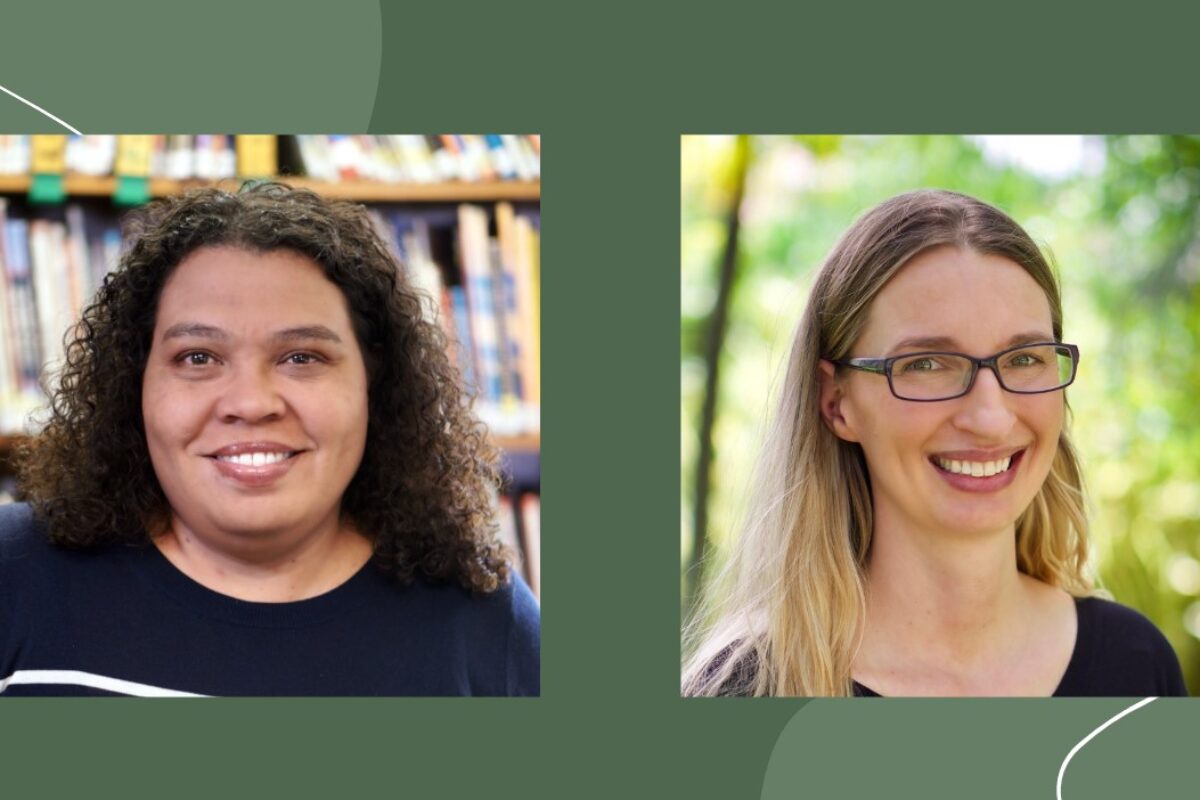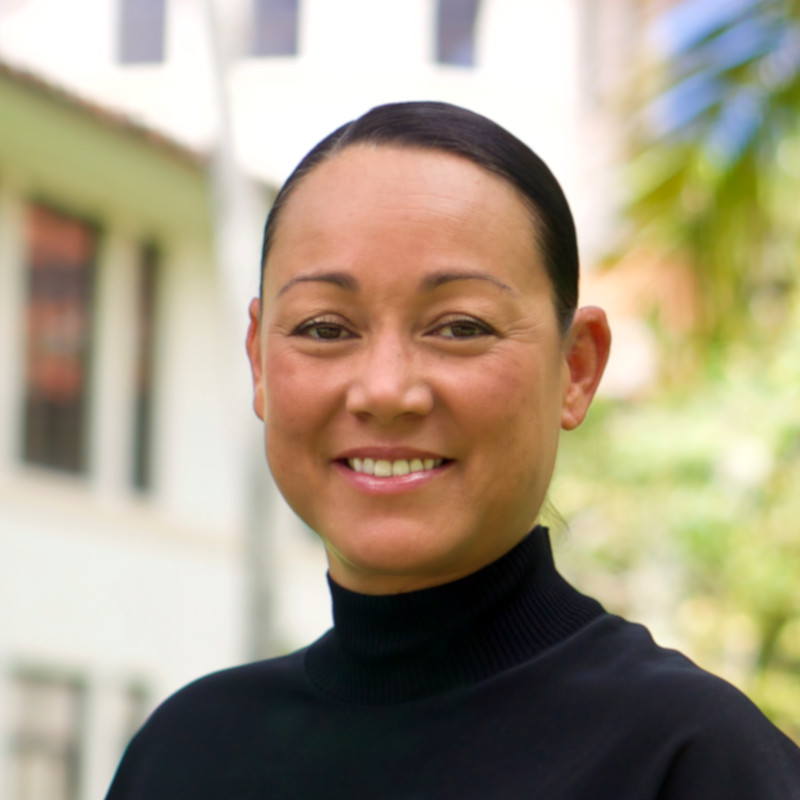
Associate Professor of Secondary Science Kirsten Mawyer, of the College of Education (COE) School of Teacher Education (STE), was awarded a $643,359 continuing grant by the National Science Foundation (NSF). Mawyer, with co-director and Associate Specialist of Science Education Joanna Philippoff, will oversee Collaborative Research: Scientific Sensemaking about Place-Based Phenomena: Mobilizing Rural Elementary Teacher Learning to Propel School-Wide Transformation over the next four years.
“I am excited that this project will support in-service teachers and administrators across Hawaiʻi to continue the work of centering culturally-grounded understandings of place in science education,” Mawyer said. “I believe that this project’s emphasis on culturally-sustaining and revitalizing approaches can make a transformative contribution to critical and cultural ambitious science teaching and learning.”
The project investigates how educators and their administrators can draw upon professional learning experiences to promote in-school shifts in science teaching and learning, taking into account the unique and diverse contexts of non-urban schools across Hawaiʻi. Professional learning experiences encourage and support third through fifth grade teachers to incorporate locally and culturally significant, place-based phenomena into their science teaching to better prioritize students’ communities and cultures in sensemaking processes.
Part of a larger collaborative research initiative with colleagues at the Maine Mathematics and Science Alliance and the Montana State University Science Math Resource Center, the project aims to advance next generation science education nationwide.
“Through this NSF-supported collaboration with colleagues situated in very different contexts in Maine and Montana, we are also interested in how exploring the commonalities and differences across the diverse state contexts could inform widely adaptable practices, benefiting science education nationwide,” Mawyer said.
Other goals of the project include contributing to ongoing efforts across the COE and Hawaiʻi Department of Education to transform how students perceive themselves and their futures as science-learners with relevance to place and community, aloha ʻāina (“love of the land”), and the integration of culturally-sustaining and revitalizing approaches to science education.
“I am thrilled to be involved with this project, exploring place-based and culturally-grounded phenomena in rural science education,” Philippoff said. “I am particularly excited for the opportunity to collaborate with colleagues across Maine, Montana, and Hawaiʻi, empowering educators to prioritize students’ cultures and communities.”

